Optimal Timing for Foundation Repairs
Determining the optimal time for foundation repairs depends on various factors including weather conditions, soil stability, and building occupancy. Typically, the most favorable periods are during mild weather when ground conditions are stable and dry, reducing the risk of complications during repair work.
Spring and fall often provide ideal conditions due to moderate temperatures and moisture levels, which facilitate effective repair processes.
Avoid repairs during extreme cold or heat, as frozen or overly dry soil can hinder work and affect the longevity of repairs.
Soil stability is crucial; repairs are best scheduled when soil is not saturated from heavy rains or overly dry and cracked.
Timing repairs during periods of low occupancy minimizes disruption and allows for efficient work completion.
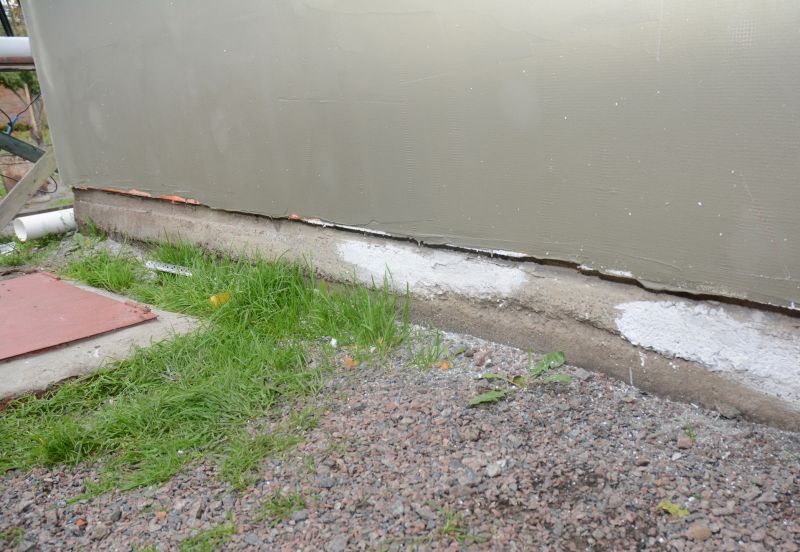
Visual assessment of foundation cracks and settlement signs.
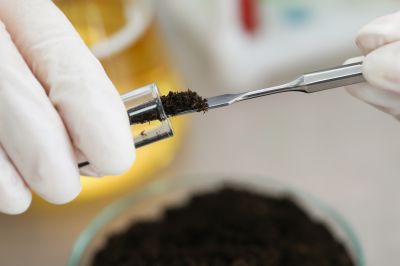
Analyzing soil stability to determine appropriate repair timing.
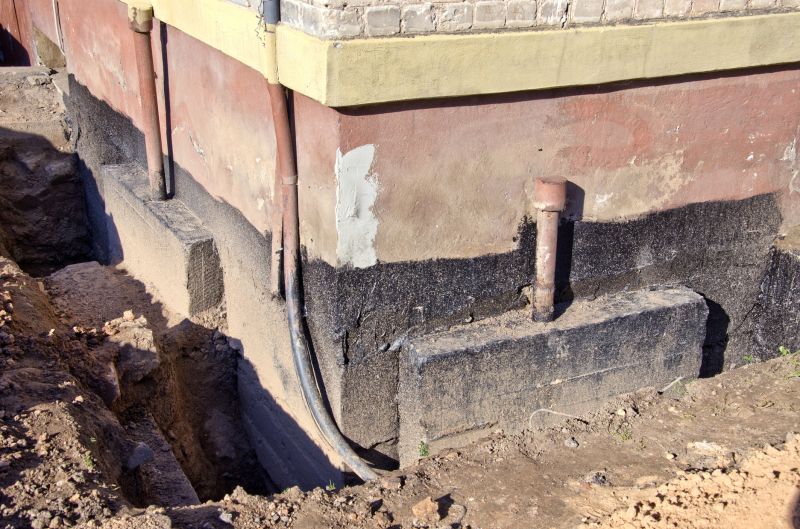
Scheduling based on weather forecasts and soil conditions.
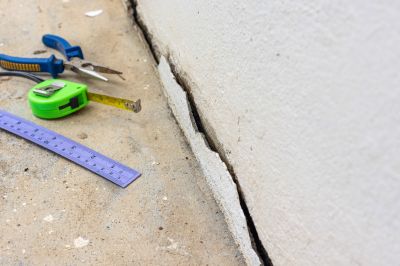
Ways to make Foundation Repairs work in tight or awkward layouts.
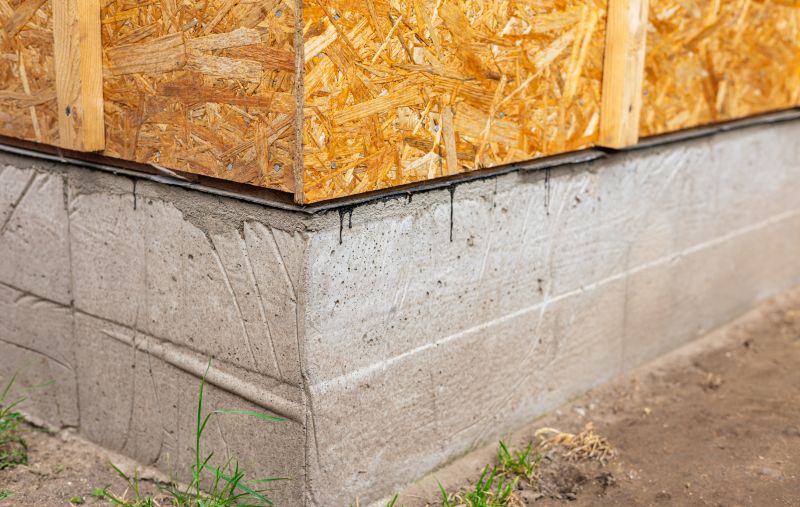
Popular materials for Foundation Repairs and why they hold up over time.
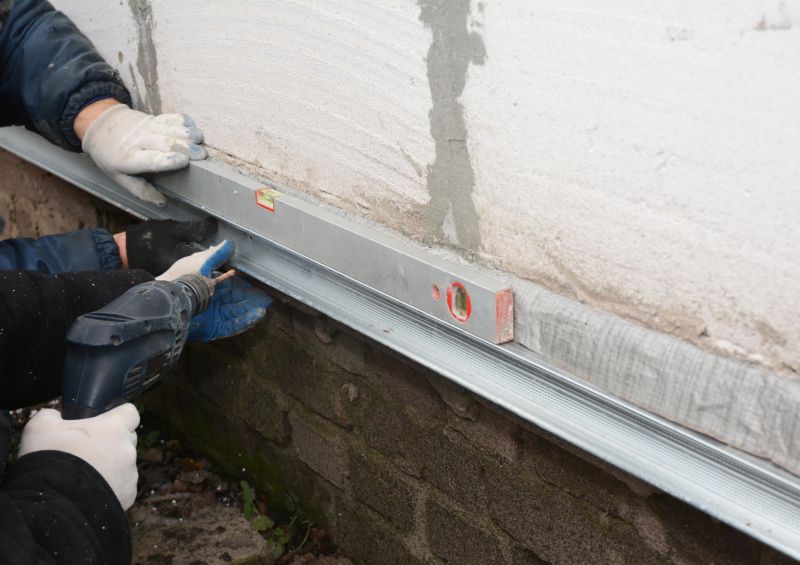
Simple add-ons that improve Foundation Repairs without blowing the budget.
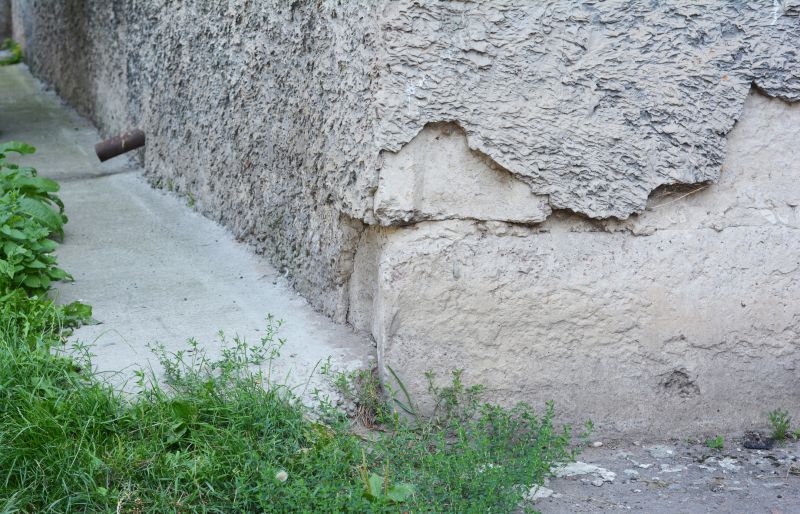
High-end options that actually feel worth it for Foundation Repairs.
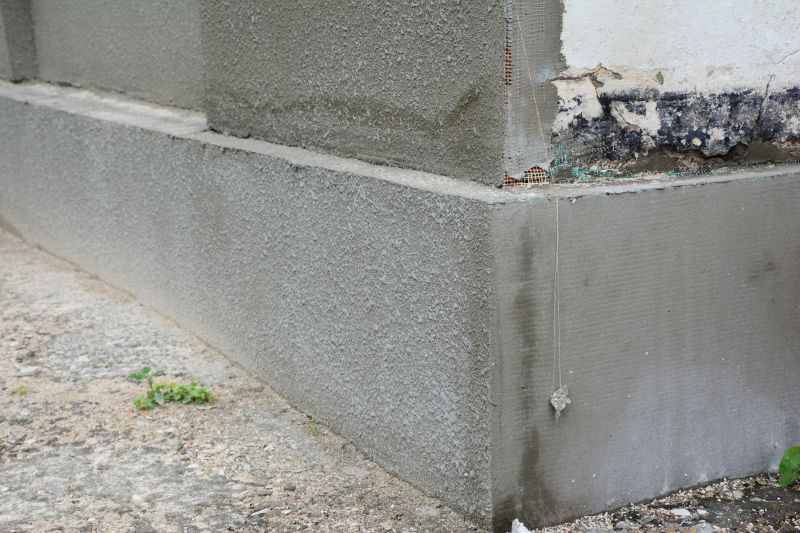
Finishes and colors that play nicely with Foundation Repairs.
| Optimal Repair Season | Key Considerations |
|---|---|
| Spring | Moderate temperatures and moisture levels, ideal for foundation work. |
| Summer | Can be suitable if weather is dry; avoid during heatwaves. |
| Fall | Cooler temperatures and stable soil conditions make it favorable. |
| Winter | Generally not recommended due to freezing temperatures and soil movement. |
Foundation repairs are essential for maintaining structural integrity and preventing further damage. Common issues include cracks, settling, and shifting caused by soil movement, moisture fluctuations, and aging. Timely repairs can prevent costly future repairs and extend the lifespan of the structure. Analyzing soil conditions and monitoring signs of foundation distress are critical steps in planning effective repairs.
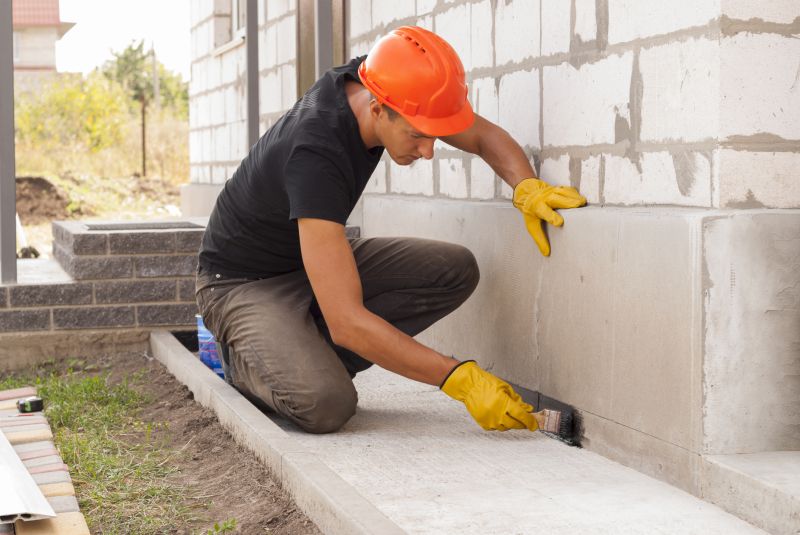
Sealing and stabilizing foundation cracks to prevent water intrusion.
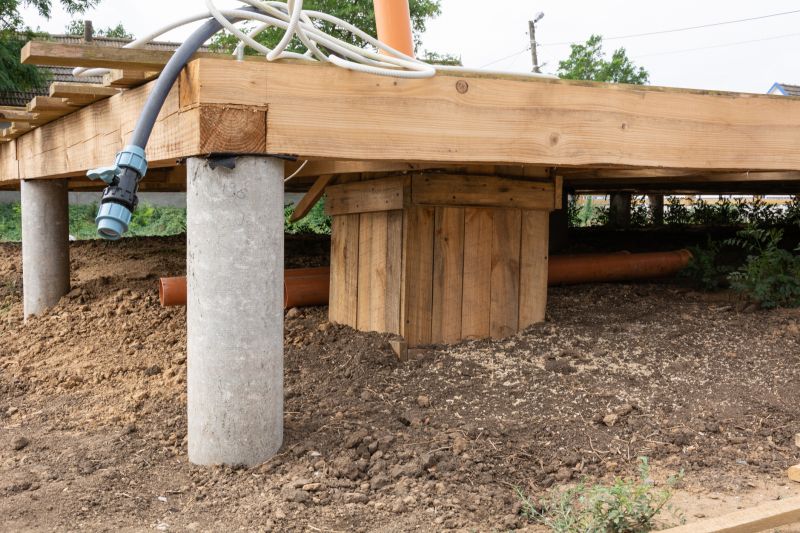
Installing piers to lift and stabilize sinking foundations.
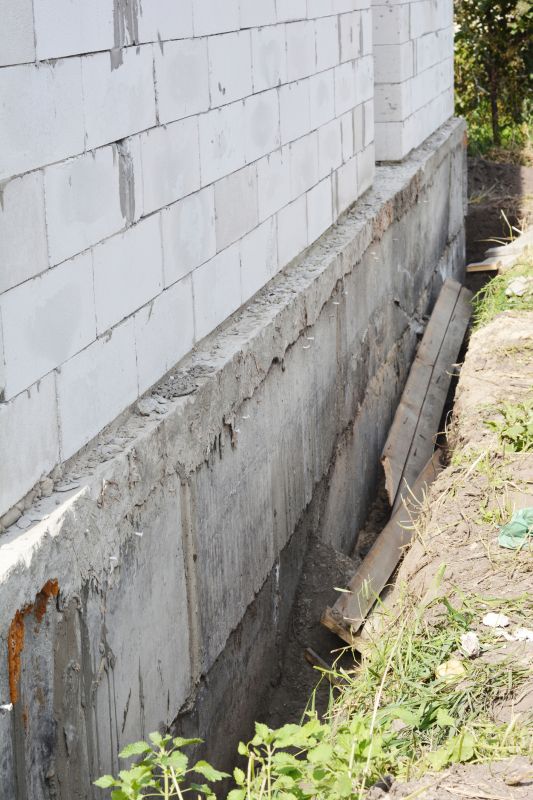
Using soil treatment methods to reduce movement and support the foundation.
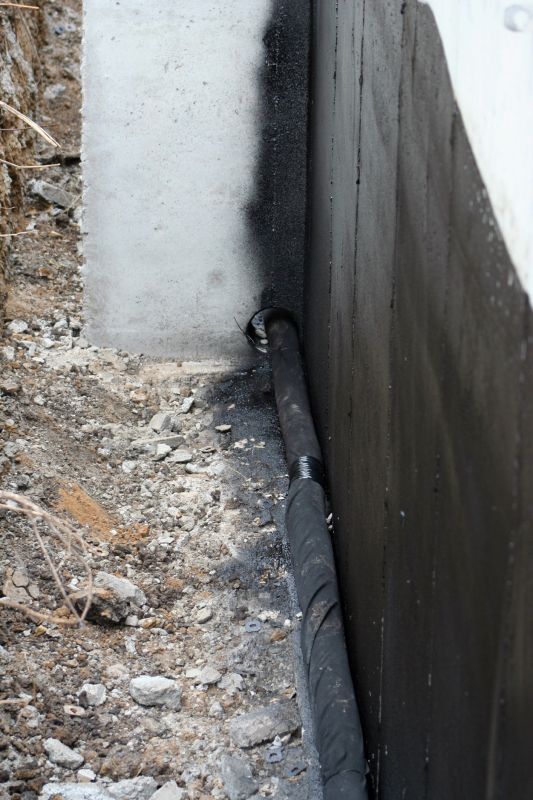
Improving water flow around the foundation to prevent erosion and settlement.
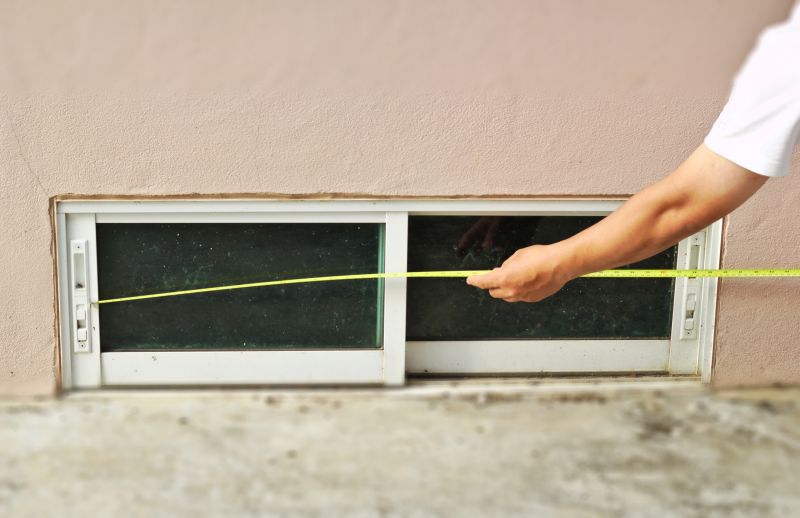
Little measurements that prevent headaches on Foundation Repairs day.
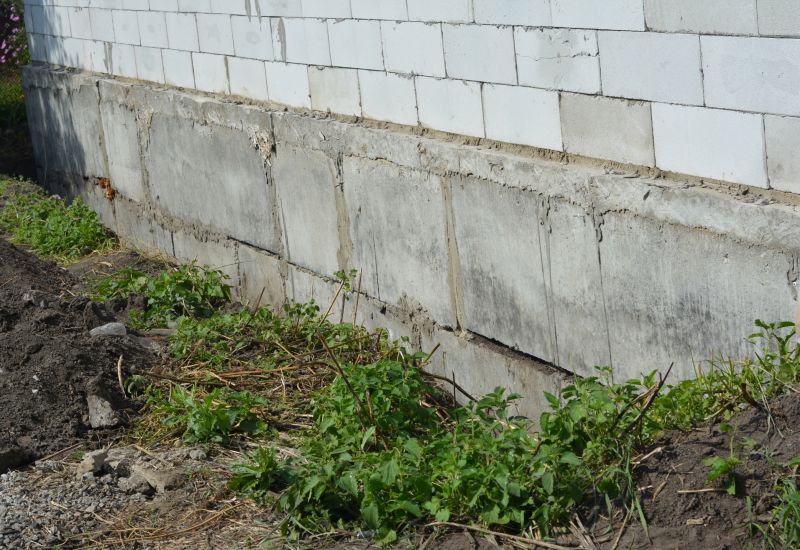
A 60-second routine that keeps Foundation Repairs looking new.
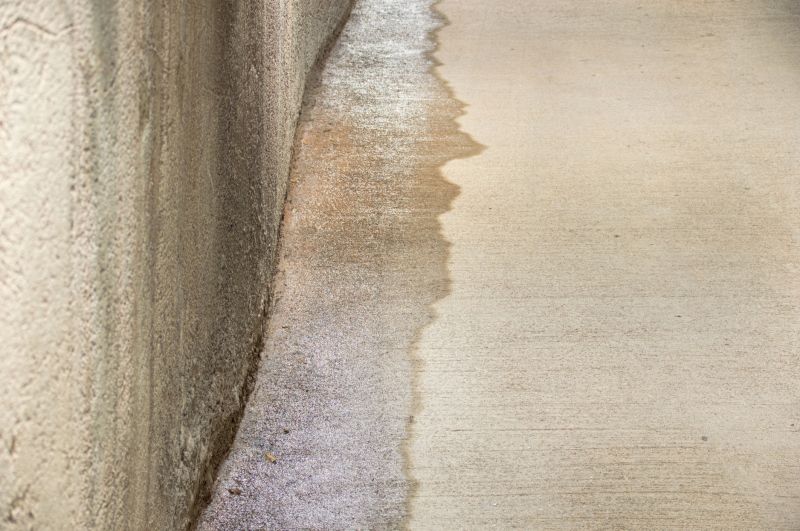
A frequent mistake in Foundation Repairs and how to dodge it.

Small tweaks to make Foundation Repairs safer and easier to use.
Understanding the timing for foundation repairs can significantly influence the success and durability of the work. Proper planning around seasonal and soil conditions ensures repairs are effective and long-lasting. Consulting with foundation specialists can provide insights tailored to specific site conditions and local climate patterns.
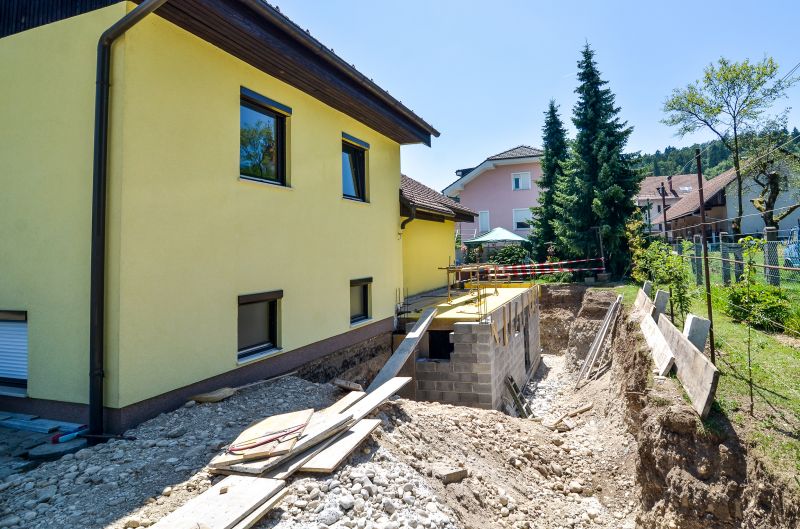
Step-by-step approach to stabilizing and repairing foundations.
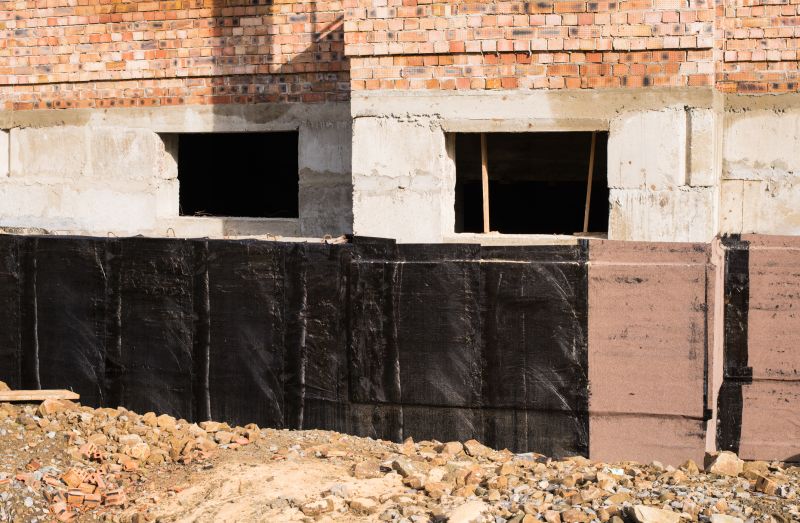
Visual examples of foundation repair improvements.
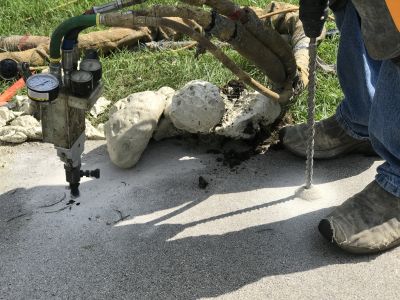
Specialized machinery used for foundation stabilization.
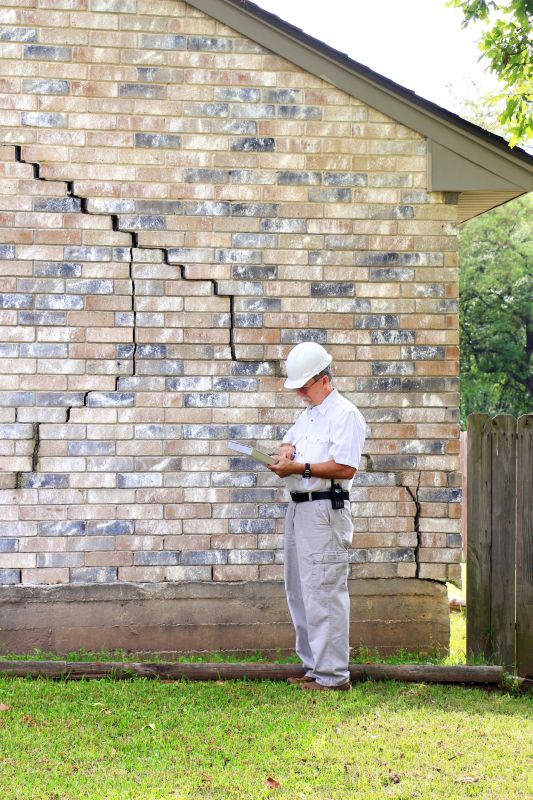
Professional assessment ensuring proper repair timing and methods.
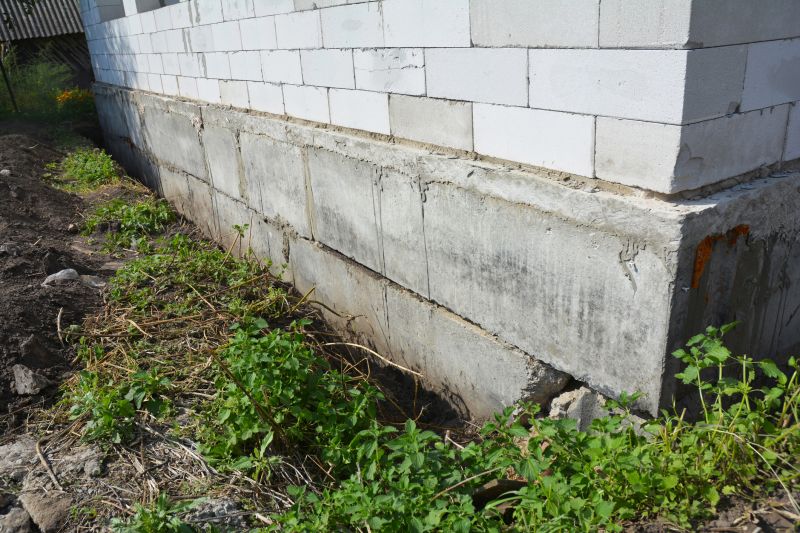
Lower-waste or water-saving choices for Foundation Repairs.
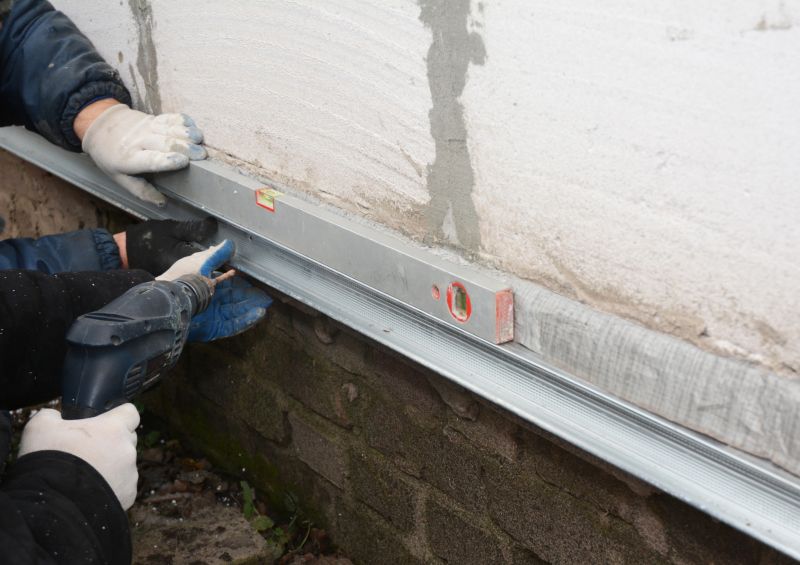
The short, realistic tool list for quality Foundation Repairs.
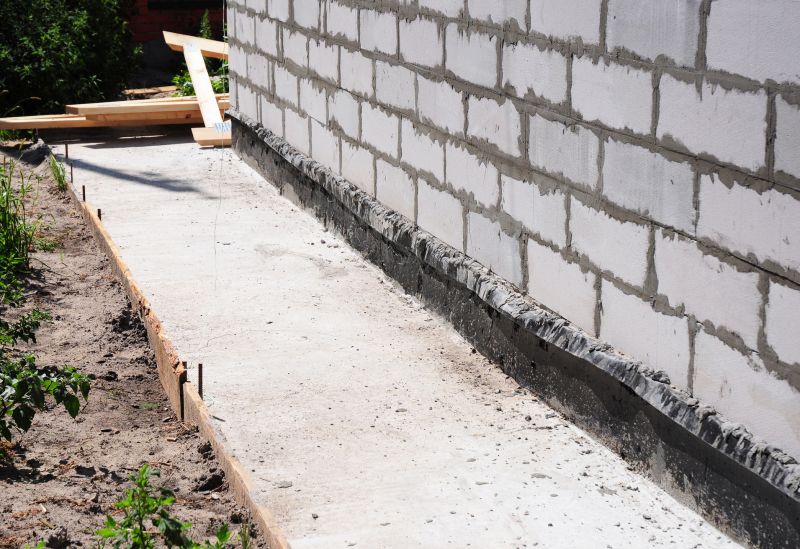
Rough timing from prep to clean-up for Foundation Repairs.
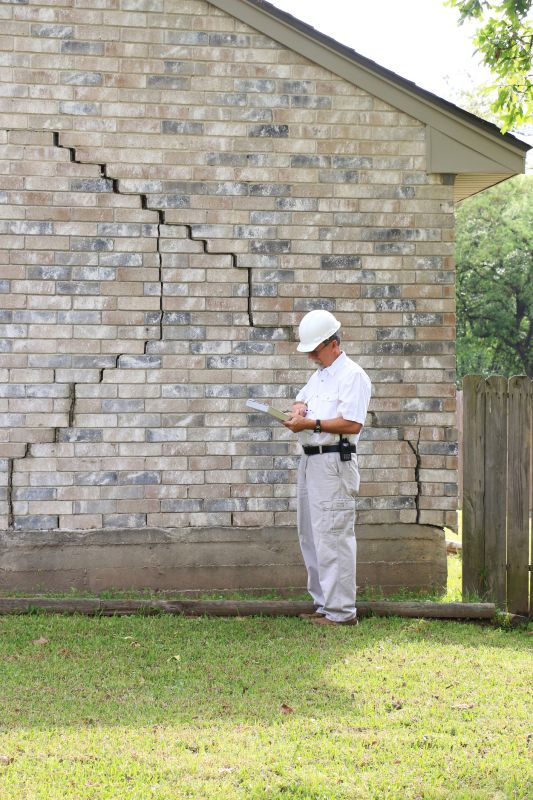
Quick checks and paperwork to keep after Foundation Repairs.
Interested property owners are encouraged to contact for further information on foundation repair options. Proper timing and professional assessment are key to ensuring the longevity and safety of the structure.

